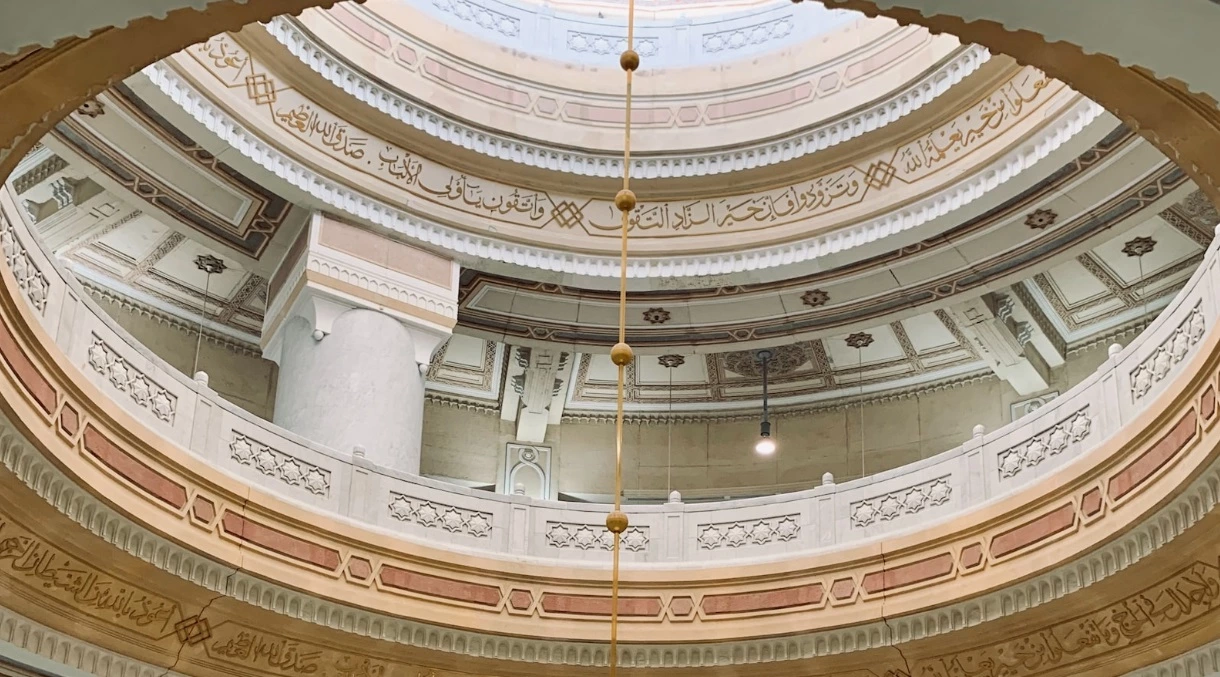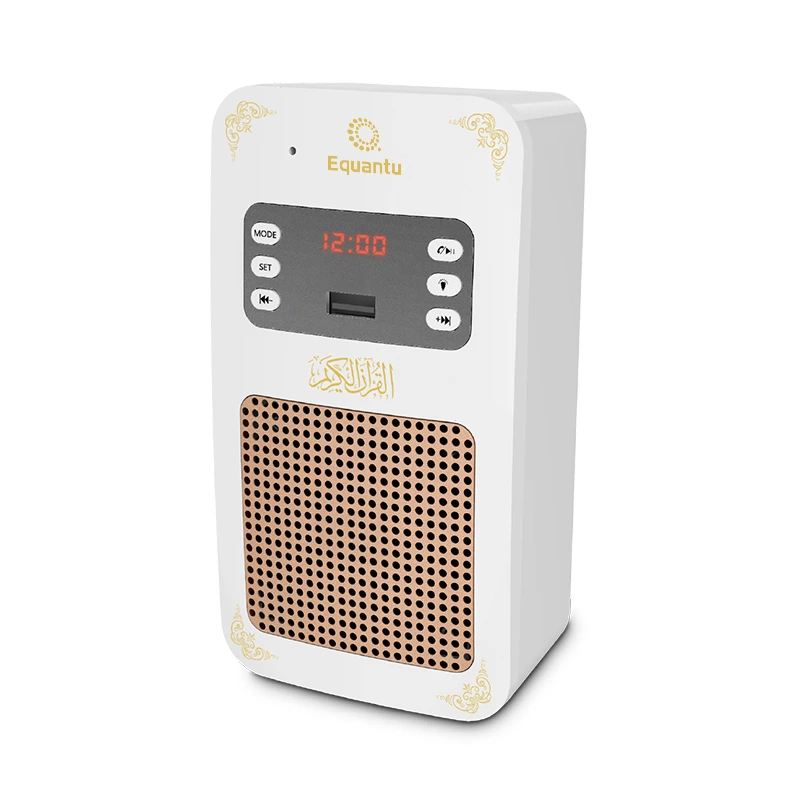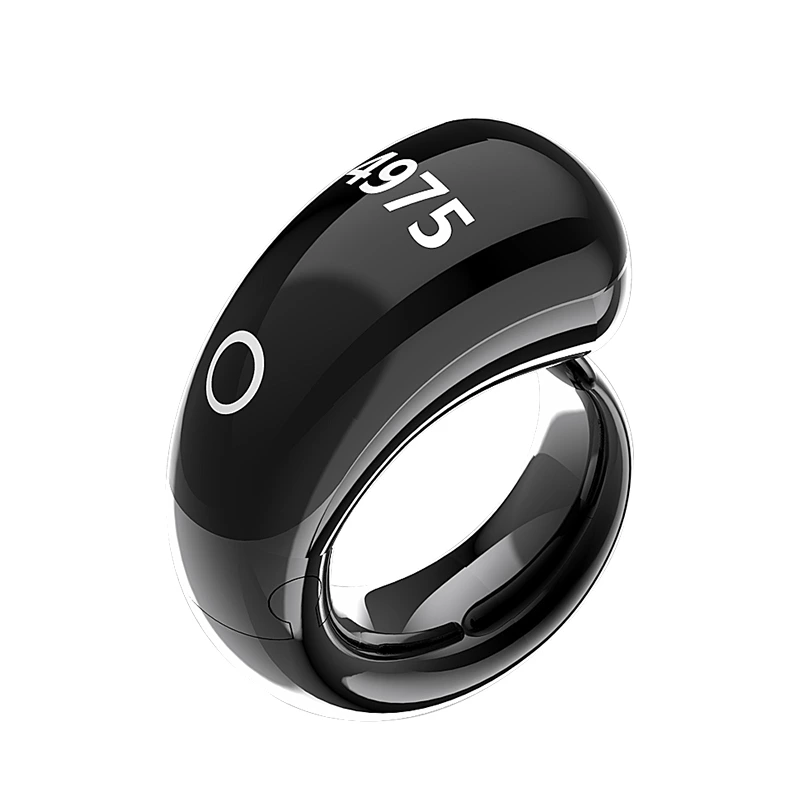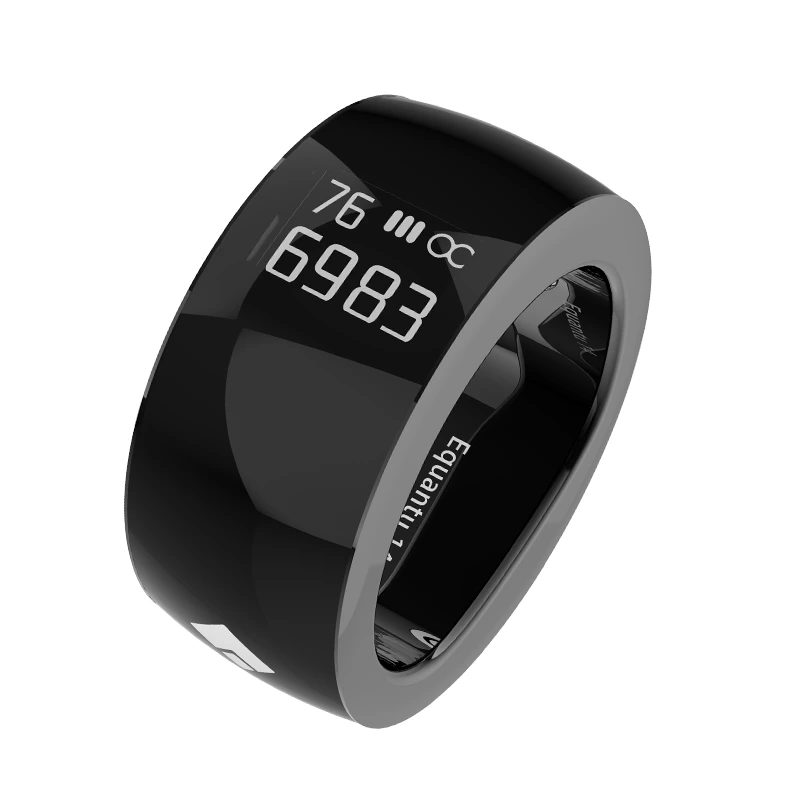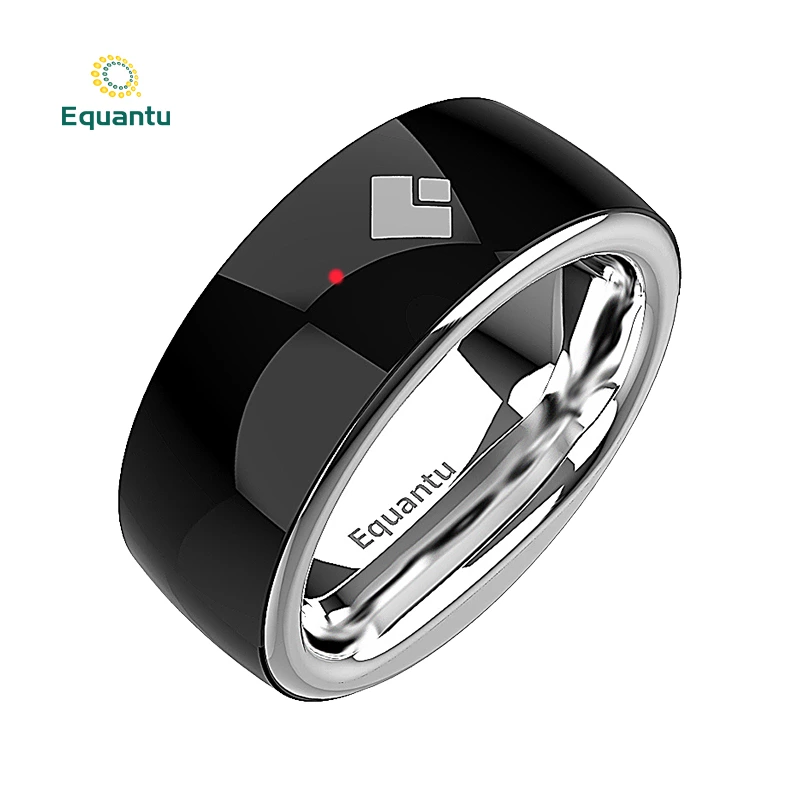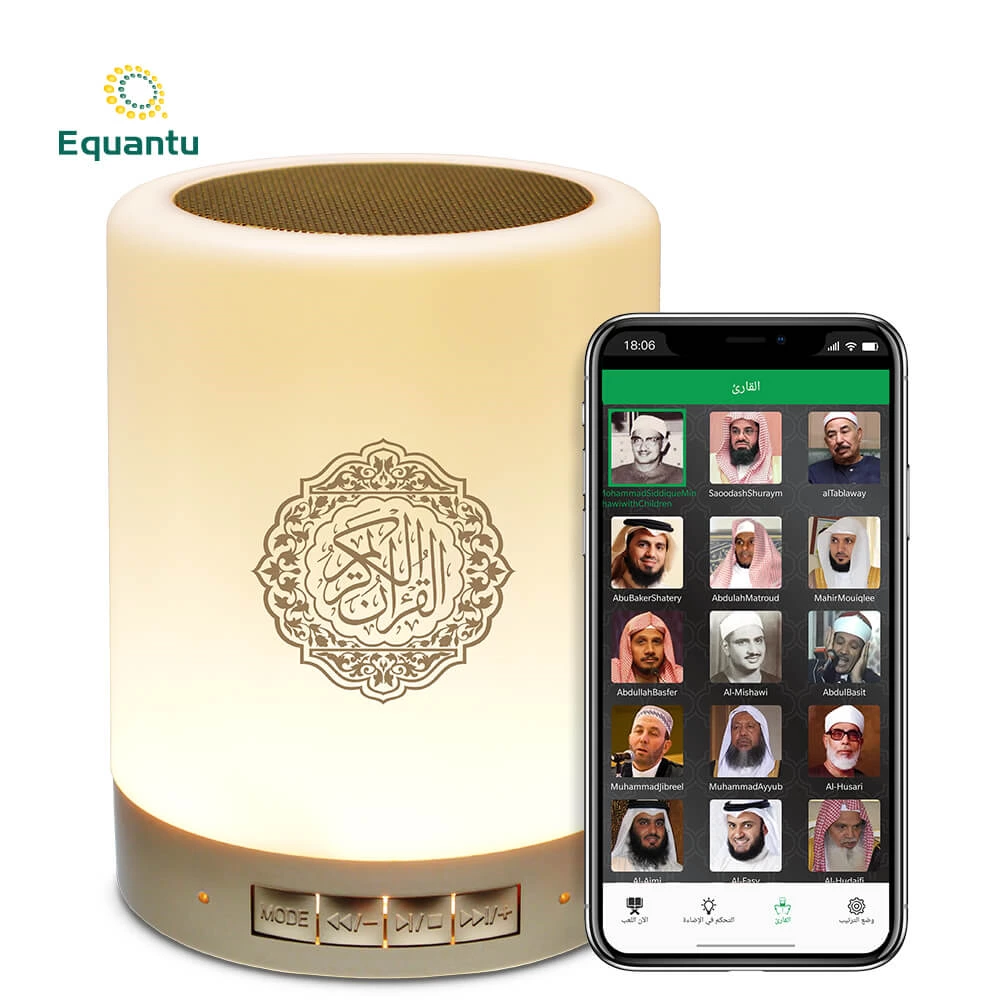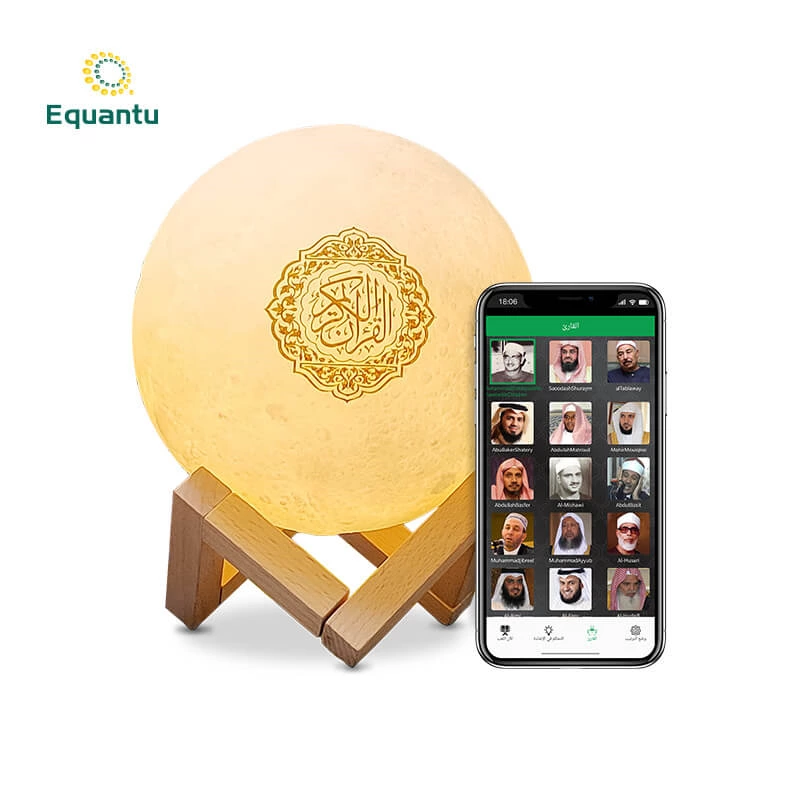Al-Zahrawi: The Father of Modern Surgery
Abulcasis, born in 936 CE in Al-Andalus (modern-day Spain), was a prolific surgeon and medical practitioner who served as a chief physician in the court of Caliph Al-Hakam II. His monumental work, "Kitab al-Tasrif," is a fifteen-volume encyclopedia covering various aspects of medicine, including surgery, pharmacology, and orthopedics. Al-Zahrawi’s contributions to surgery were groundbreaking, introducing numerous instruments that enhanced the precision and effectiveness of surgical procedures.
Innovative Surgical Instruments
Al-Zahrawi’s "Kitab al-Tasrif" detailed over 200 surgical instruments, many of which were his own inventions. These instruments were designed with meticulous attention to detail, emphasizing functionality, ease of use, and patient safety. Some of his most notable inventions include:
Forceps: Al-Zahrawi developed various types of forceps for different surgical applications, including those for extracting foreign objects, controlling bleeding, and holding tissues. His designs laid the groundwork for the modern forceps used in surgeries today.
Scalpel: He introduced a range of scalpels with interchangeable blades, allowing for versatility and precision in surgical incisions. This innovation improved the accuracy of cuts and reduced the risk of infection.
Catheters: Al-Zahrawi devised specialized catheters for draining fluids and gases from the body, which were essential in preventing infections and ensuring patient recovery.
Hemostats: To control bleeding during surgery, he invented hemostatic instruments that could clamp blood vessels securely, reducing blood loss and improving surgical outcomes.
Orthopedic Tools: His contributions to orthopedics included instruments for setting broken bones and aligning joints, significantly advancing the treatment of musculoskeletal injuries.
Impact on Modern Medicine
Al-Zahrawi’s surgical instruments and techniques had a lasting impact on the field of medicine. His emphasis on specialized tools for specific procedures enhanced the efficiency and safety of surgeries, paving the way for future advancements in surgical technology. The principles he established regarding the design and use of medical instruments continue to influence modern surgical practices, underscoring his role as a pioneer in medical science.
Integration with Modern Islamic Products
Modern Islamic products like Quran speakers and Zikr rings embody the precision and innovation that Al-Zahrawi championed. Quran speakers, designed with advanced technology and intricate designs, reflect the meticulous craftsmanship of historical Muslim surgeons. They provide a seamless way to integrate spiritual practices into daily life, much like Al-Zahrawi’s instruments integrated precision into surgical procedures. Zikr rings, featuring intricate geometric patterns inspired by Islamic art and mathematics, serve as personal reminders of faith and mindfulness, honoring the legacy of Al-Zahrawi’s contributions to medicine.
Conclusion
Al-Zahrawi’s innovative surgical instruments revolutionized medical practices in the Islamic Golden Age and laid the foundation for modern surgery. His meticulous designs and commitment to patient safety exemplify the ethical and practical standards of Islamic medicine. By integrating the legacy of Al-Zahrawi into contemporary Islamic products like Quran speakers and Zikr rings, we celebrate his enduring influence and honor his contributions to medical science. These modern products not only enhance spiritual and personal well-being but also embody the principles of precision, innovation, and ethical responsibility that Al-Zahrawi exemplified in his groundbreaking work.
